File Info
| Exam | Juniper Networks Certified Internet Specialist SP (JNCIS-SP) |
| Number | JN0-360 |
| File Name | Juniper.JN0-360.NewDumps.2018-07-24.410q.tqb |
| Size | 6 MB |
| Posted | Jul 24, 2018 |
| Download | Juniper.JN0-360.NewDumps.2018-07-24.410q.tqb |
How to open VCEX & EXAM Files?
Files with VCEX & EXAM extensions can be opened by ProfExam Simulator.
Coupon: MASTEREXAM
With discount: 20%
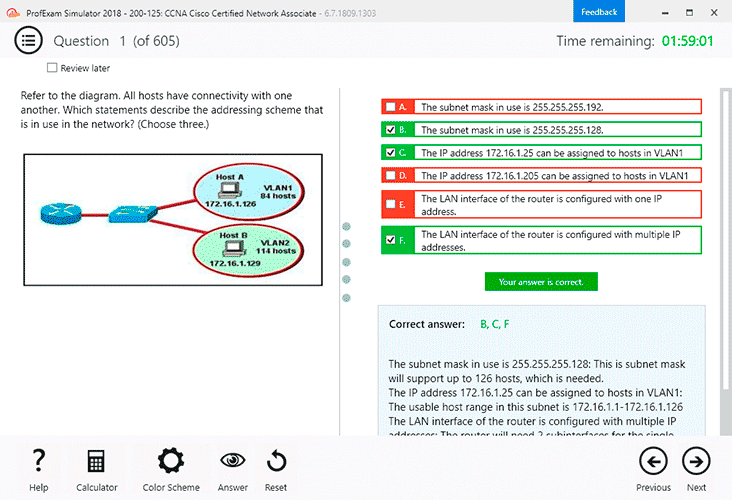
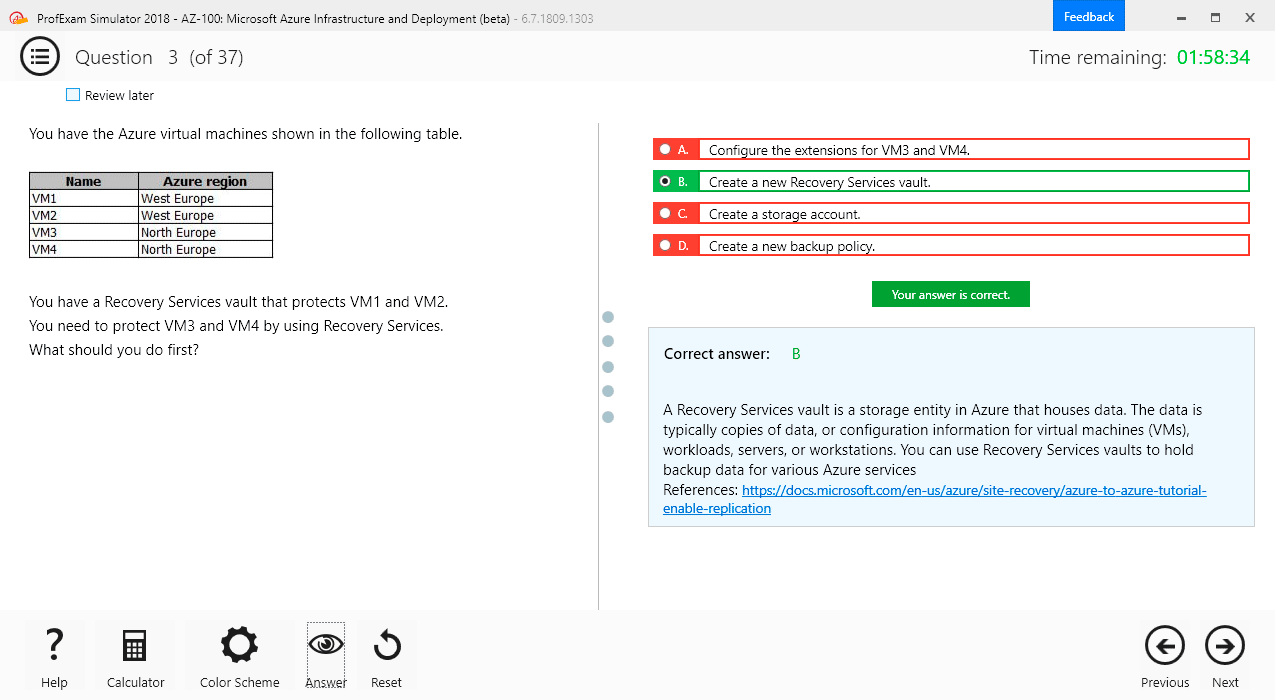
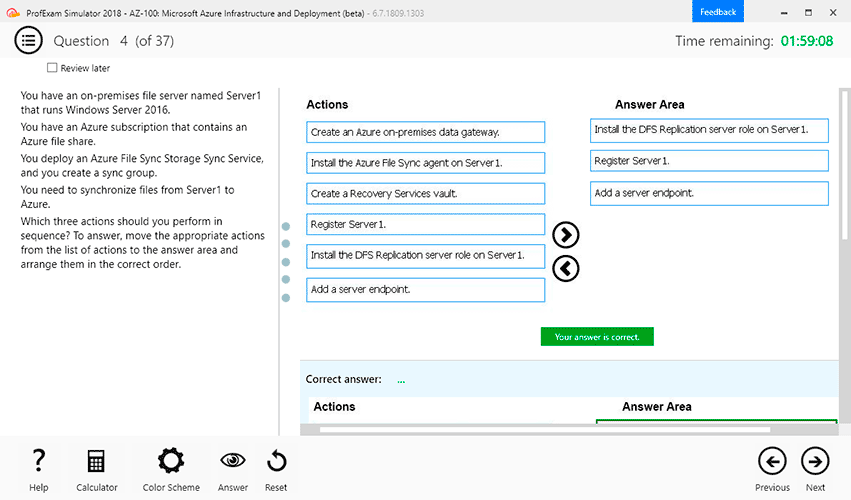
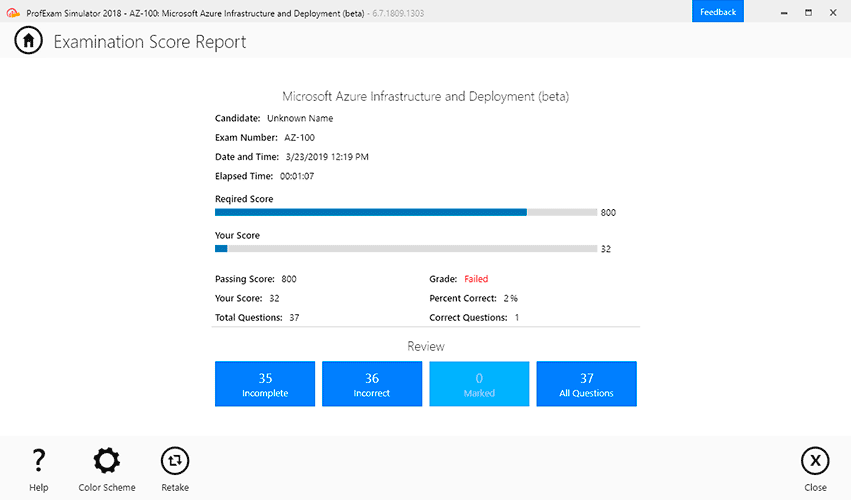
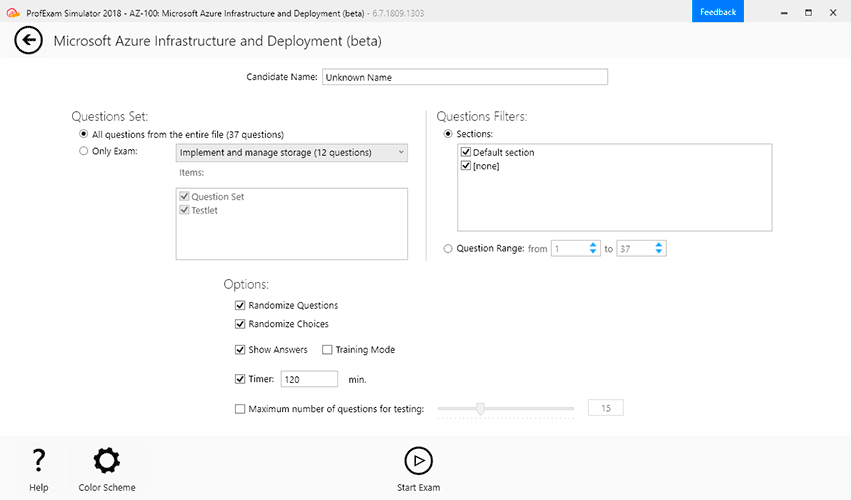
Demo Questions
Question 1
Which two statements are true about virtual switches? (Choose two.)
- Multiple virtual switches share a single MAC table.
- Virtual switches contain separate MAC tables.
- By default, the direct route associated with a virtual switch's IRB interface is placed in inet.0.
- By default, the direct route associated with a virtual switch's IRB interface is placed in the associated virtual switch's routing table.
Correct answer: BC
Explanation:
In a Virtual Chassis, multiple switches—each with its own set of interfaces with unique MAC addresses—are connected together to form one chassis that can be managed as a single switch. The MAC address assigned to each network-facing interface on the switch changes when the switch joins a Virtual Chassis. Because all Layer 2 traffic decisions are based on an interface’s MAC address, understanding MAC address assignment is important to understanding how network traffic is forwarded and received by the Virtual Chassis. For additional information about how a network uses MAC addresses to forward and receive traffic, see Understanding Bridging and VLANs on EX Series Switches. http://www.juniper.net/documentation/en_US/junos15.1/topics/concept/virtual-chassis-mac-address-assignment.html In a Virtual Chassis, multiple switches—each with its own set of interfaces with unique MAC addresses—are connected together to form one chassis that can be managed as a single switch. The MAC address assigned to each network-facing interface on the switch changes when the switch joins a Virtual Chassis. Because all Layer 2 traffic decisions are based on an interface’s MAC address, understanding MAC address assignment is important to understanding how network traffic is forwarded and received by the Virtual Chassis. For additional information about how a network uses MAC addresses to forward and receive traffic, see Understanding Bridging and VLANs on EX Series Switches.
http://www.juniper.net/documentation/en_US/junos15.1/topics/concept/virtual-chassis-mac-address-assignment.html
Question 2
In Q-in-Q tunneling, what is the purpose of the pop-swap operation?
- pop the outer tag and swap the inner tag
- pop and swap the inner tag
- pop and swap both outer and inner tags
- pop the inner tag and swap the outer tag
Correct answer: A
Explanation:
The transit route POP's the outer label and swaps the inner label The transit route POP's the outer label and swaps the inner label
Question 3
What are three components of the tag portion of an 802.1Q-tagged Ethernet frame? (Choose three.)
- Tag Protocol Identifier
- maximum transmission unit
- canonical format indicator
- unique VLAN identifier
- frame check sequence
Correct answer: ACD
Explanation:
The VLAN tag was invented to distinguish among different VLAN broadcast domains on a group of LAN switches. The VLAN tag is a two-byte field inserted between the source MAC address and the Ethertype (or length) field in an Ethernet frame. Another two-byte field, the Tag Protocol Identifier (TPI or TPID), precedes the VLAN tag field. The Canonical Format Indicator (CFI) bit indicates whether the following 12 bits of VLAN identifier conform to Ethernet or not. For Ethernet frames, this bit is always set to 0. (The other possible value, CFI=1, is used for Token Ring LANs, and tagged frames should never be bridged between an Ethernet and Token Ring LAN regardless of the VLAN tag or MAC address.) http://www.juniper.net/documentation/en_US/junos15.1/topics/concept/layer-2-networking-ethernet-frame-forwarding-802-1q-vlan-tag-mx-solutions.html The VLAN tag was invented to distinguish among different VLAN broadcast domains on a group of LAN switches. The VLAN tag is a two-byte field inserted between the source MAC address and the Ethertype (or length) field in an Ethernet frame. Another two-byte field, the Tag Protocol Identifier (TPI or TPID), precedes the VLAN tag field.
The Canonical Format Indicator (CFI) bit indicates whether the following 12 bits of VLAN identifier conform to Ethernet or not. For Ethernet frames, this bit is always set to 0. (The other possible value, CFI=1, is used for Token Ring LANs, and tagged frames should never be bridged between an Ethernet and Token Ring LAN regardless of the VLAN tag or MAC address.)
http://www.juniper.net/documentation/en_US/junos15.1/topics/concept/layer-2-networking-ethernet-frame-forwarding-802-1q-vlan-tag-mx-solutions.html

